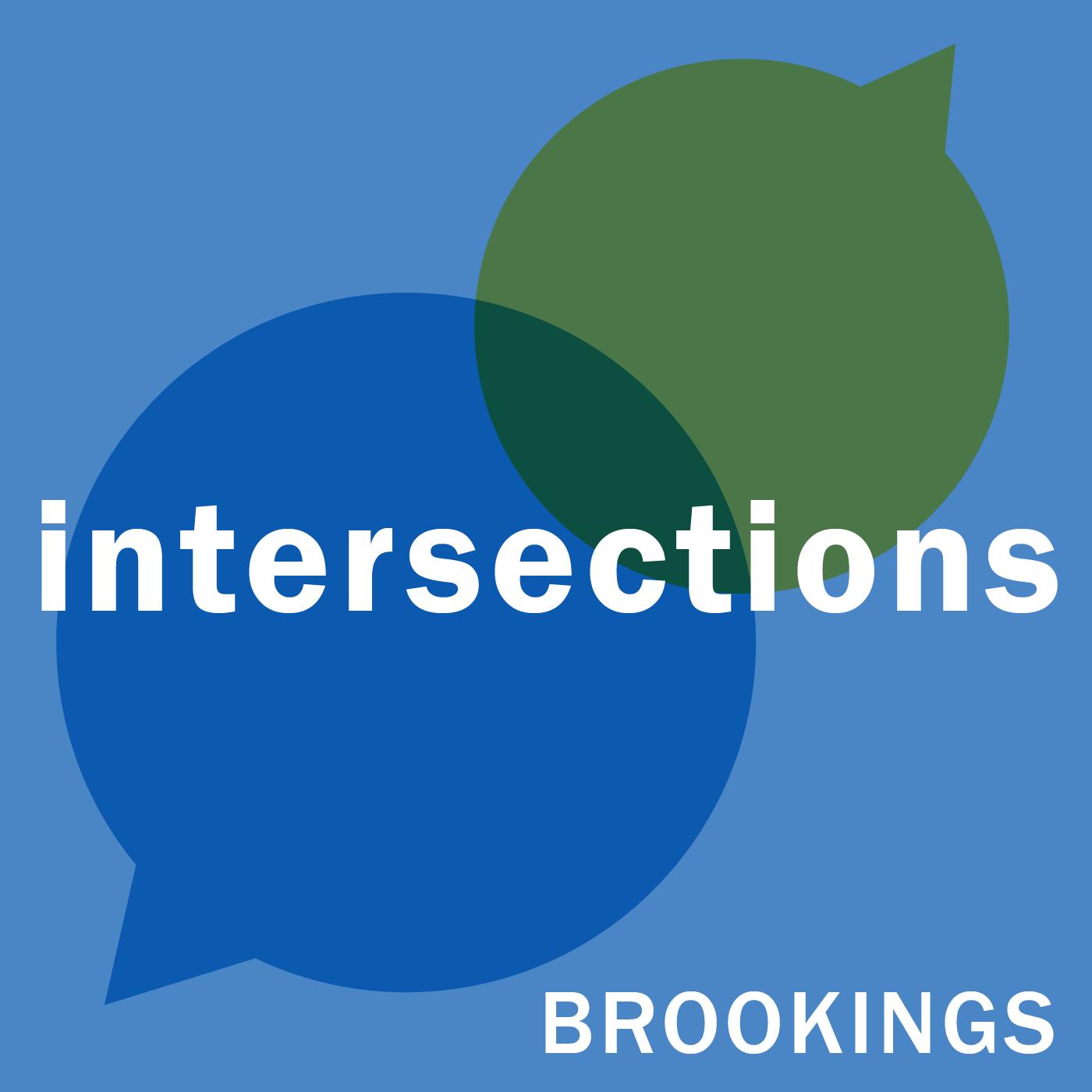Alice Rivlin, senior fellow in Economic Studies and the Center for Health Policy, and William Galston, senior fellow in Governance Studies, discuss the importance of bipartisanship in the United States and how current party divisions are detrimental to the economy.
“The reason we’re not making progress on making policy decisions is that the two sides, the Republicans and the Democrats, the conservatives and the liberals, however you want to divide us, are not even working on the problems together. They aren’t talking to each other and our system of government, for better or worse, requires compromise; it was set up that way,” Rivlin says. “It doesn’t work unless people are willing to talk across party and ideological lines, see where they can find common ground, see where they differ, and forge ahead with some kind of policy. And right now it’s come to a screeching halt.”
“The two alternatives facing the next president of the United States are compromise and gridlock. The next president will not have the luxury that Barack Obama had during the first eighteen months of his presidency of acting…, on a single party basis, with a party that had the power to get things done,” Galston argues.
Related links:
It’s not the economy, stupid—it’s failed politics!
Rising debt—not a crisis, but a serious problem to be managed
How rising polarization will challenge the next president
How American Politics Went Insane
Engaging local leaders: A bipartisan path toward criminal justice reform
With thanks to audio producer Gaston Reboredo, Vanessa Sauter, Basseem Maleki, Fred Dews, and Richard Fawal.
Questions? Comments? Email us at [email protected].
The Brookings Institution is committed to quality, independence, and impact.
We are supported by a diverse array of funders. In line with our values and policies, each Brookings publication represents the sole views of its author(s).





Commentary
PodcastPolitical gridlock and the U.S. economy
September 28, 2016
Listen on
Intersections Podcast